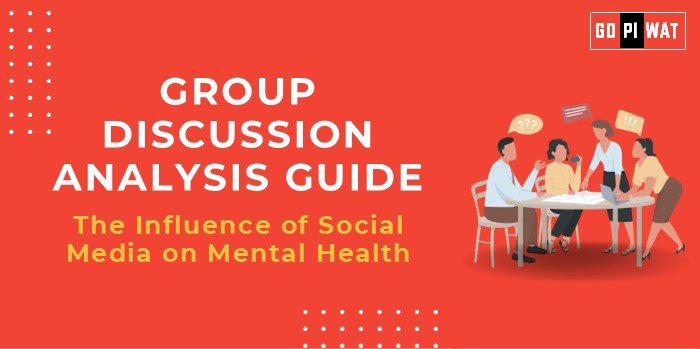📋 The Influence of Social Media on Mental Health
🌐 Introduction to the Influence of Social Media on Mental Health
Opening Context: Social media platforms have become integral to modern society, offering numerous ways to connect, share, and learn. However, they also contribute significantly to discussions about mental health, raising concerns about potential adverse impacts alongside their benefits.
Topic Background: The concept of mental health impacts from social media is rooted in rising internet usage and the psychological effects of constant connectivity. Major platforms like Facebook, Instagram, and TikTok, which collectively serve billions, have brought both awareness and challenges to mental well-being globally.
📊 Quick Facts and Key Statistics
- 🌍 Global Reach: Over 4.5 billion active social media users worldwide, with each spending an average of 2+ hours daily.
- 📉 Mental Health Impact: Studies indicate that heavy social media usage is linked to a 70% increase in feelings of loneliness and anxiety.
- 👶 Adolescent Effects: Among adolescents, excessive social media use is linked to a 13% increase in depression risk.
- 🤝 Positive Impact: 80% of mental health organizations use social media to reach and support communities.
- 📱 Usage Trends: 65% of users report social media affects their self-esteem and body image.
👥 Stakeholders and Their Roles
- 📱 Social Media Platforms: Responsible for designing policies that could mitigate harmful mental health effects, such as content moderation and user well-being tools.
- 🏛️ Government Agencies: Regulatory bodies work to ensure user protection, creating guidelines around data usage, exposure to harmful content, and online safety.
- 📢 Mental Health Organizations: Advocate for awareness and education, leveraging social media for mental health campaigns.
- 👩💻 Users and Society: Active participants who contribute content, engage in discussions, and drive trends; they also face both positive and negative impacts.
🏆 Achievements and Challenges
✨ Achievements:
- ✅ Mental Health Awareness: Platforms like Instagram have partnered with organizations to promote mental health resources.
- ✅ Community Support: Social media has allowed users to find peer support communities globally.
- ✅ Resource Accessibility: Mental health resources and crisis support hotlines are now accessible via social media.
⚠️ Challenges:
- 🚫 Cyberbullying: Reported by 40% of teens, significantly impacting mental health.
- 📱 Addiction and Screen Time: WHO reports rising internet addiction cases, especially among young users.
🌍 Global Comparisons:
- 📍 United Kingdom: Introduced national mental health support initiatives on social platforms, which may serve as a model.
📖 Case Studies:
- 📍 India: Mental health crisis management policies influenced by social media trends.
💡 Structured Arguments for Discussion
- Supporting Stance: “Social media has revolutionized access to mental health support, making information and resources readily available.”
- Opposing Stance: “Social media platforms amplify unrealistic comparisons, leading to widespread anxiety, depression, and low self-esteem, especially among youth.”
- Balanced Perspective: “While social media has enhanced mental health awareness, it has also contributed to negative impacts on mental health that require proactive management.”
📋 Effective Discussion Approaches
- 📊 Opening Approaches:
- Data-Focused Opening: “With 4.5 billion active users, social media’s influence on mental health is both a global asset and a challenge.”
- Contrast Statement: “Social media connects billions but also isolates users, often leading to mental health issues like anxiety and depression.”
- 🤝 Counter-Argument Handling:
- “While social media can encourage unrealistic body standards, initiatives like Instagram’s ‘filter-free’ campaigns aim to reduce these impacts.”
🔍 Strategic Analysis of Strengths and Weaknesses
- Strengths: Accessibility to mental health resources, support networks, real-time crisis intervention.
- Weaknesses: Risk of addiction, increased anxiety due to comparison, cyberbullying.
- Opportunities: Potential for integrated mental health support, educational campaigns.
- Threats: Privacy risks, potential for misinformation on mental health, addiction to screen time.
📚 Connecting with B-School Applications
Real-World Applications: Projects in digital marketing, behavioral economics, or mental health policy could focus on user well-being initiatives.
Sample Interview Questions:
- ❓ “How can social media platforms contribute to better mental health?”
- ❓ “What are effective strategies for reducing social media’s negative impact on mental health?”
Insights for B-School Students: Understanding mental health’s link with digital behavior offers valuable insights for careers in HR, corporate wellness, or policy advocacy.


